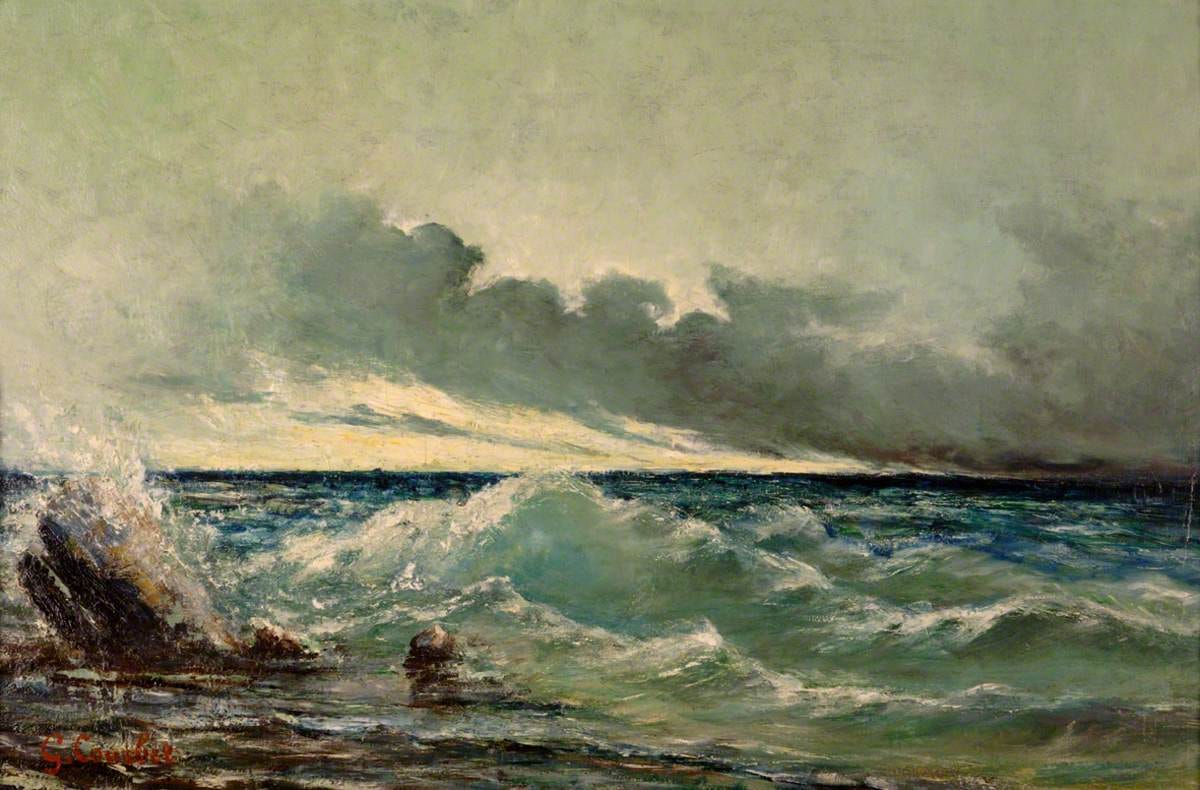The wind's song: John Masefield's 'long trick'
Why 'Sea-Fever' is the gift that keeps on giving

When I think about what I am doing here (in this newsletter, that is, I do my best not to think about the other question) I realis…
Keep reading with a 7-day free trial
Subscribe to A Poetry Notebook to keep reading this post and get 7 days of free access to the full post archives.

